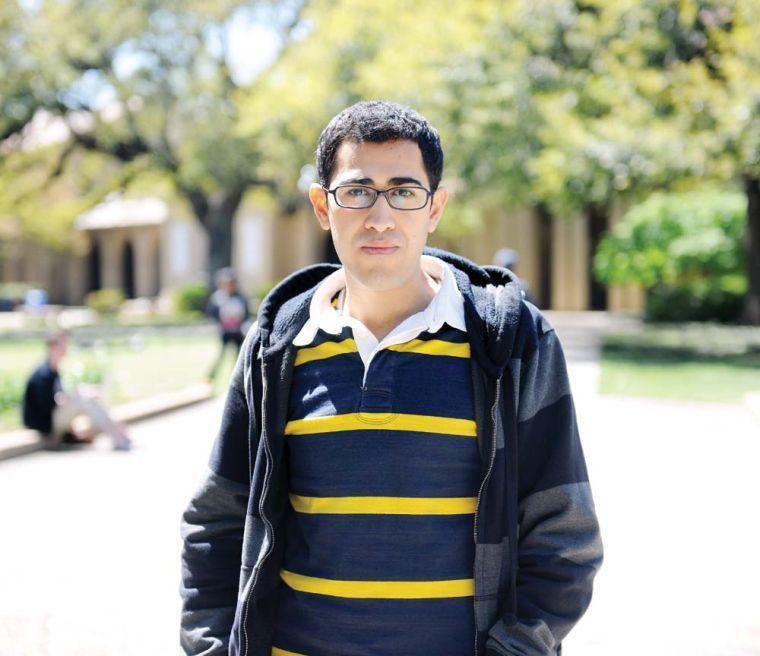When Sara Olivier of the University’s International Services Office arrived on campus in October 2007, 12 Iranian students were enrolled at the University.
Last fall, that number swelled to 94, and the influx is no coincidence according to students, especially considering Iran’s political and economic situation over the last few decades.
“There definitely has been a substantial increase in Iranian students who apply for admission and those who actually arrive here,” Olivier said.
Olivier, the ISO’s coordinator of documentation services, said the increase reflects a national and international trend.
Ali Jokar, a third-semester Iranian construction management doctorate student, said the increase can be viewed from both social and political perspectives.
The young population in Iran has grown substantially, Jokar said, particularly in those born between 1980 and 1989. The Islamic Revolution’s Shiite Muslim leader Ayatollah Khomeini’s movement to reverse Iran’s progressive family planning policies led to a higher birth rate. Iranian health officials were ordered not to promote contraception, and a large population was seen as an advantage during the Iran-Iraq war from 1980 to 1988.
Jokar said young Iranians born during the 1980s have a high standard of living, so most of them are well-educated and choose to leave the country to continue their schooling.
The current government in Iran has also caused the young population to leave, Jokar said.
“Most of the young — especially the young — are not very happy with the government,” Jokar said. “They want to experience a free environment, so they leave the country.”
Mechanical engineering doctorate student Mohsen Ayoobi arrived in Baton Rouge three years ago after obtaining his bachelor’s and master’s degrees in his home country of Iran.
Ayoobi said one of the biggest reasons for the influx of Iranian students coming to the University is the popularity of studying abroad for young people living in Iran.
“It’s a common thing in the top five or 10 universities in Iran,” Ayoobi said.
Ayoobi called Iran a developing country and said many young people are graduating from Iranian universities, but there are not enough available job opportunities.
Olivier referenced “brain drain,” a phenomenon that has been affecting Iran for the last several years, as a main reason for the increase. She said “brain drain” occurs when an area’s population doesn’t have the necessary resources for continuing their education, leading them to search elsewhere.
Iranian students often have a more difficult time applying for their visas to attend the University than other international students, Olivier said.
“There are various clearances that need to be done with regard to receiving the visa,” Olivier said. “With the Iranian population, it seems a little bit more cumbersome for them.”
Olivier said the U.S. government can take three to five months on average to grant an Iranian student a visa. She said most European students generally receive their visas within a few weeks to a few months at the most.
“There’s been no other country in current time where it’s taking as long as the Iranian student population,” Olivier said.
Despite the apparent difficulties Iranian students face when attempting to study at the University, both Ayoobi and Jokar said they are enjoying their time in Louisiana.
“People in Louisiana are very friendly, and I think they are really family-based,” Ayoobi said, comparing the latter aspect to the culture in Iran.
Jokar said while he doesn’t plan to stay in Baton Rouge after receiving his degree, it has been easy to adjust to the city.
“Most people don’t know, but Iranian people are very close to American people,” Jokar said. “Iranian people do like American people and they do like their culture.”
Ayoobi said one problem he has faced has been the low number of international students living here. He said the lack of diversity has made it somewhat difficult to interact with people.
Both Ayoobi and Jokar said the University’s reputation in their respective fields of study led them here.
“When I was selecting a university in Louisiana, LSU was No. 1,” Jokar said.
“Most of the young — especially the young — are not very happy with the government…they want to experience a free environment, so they leave the country.”





